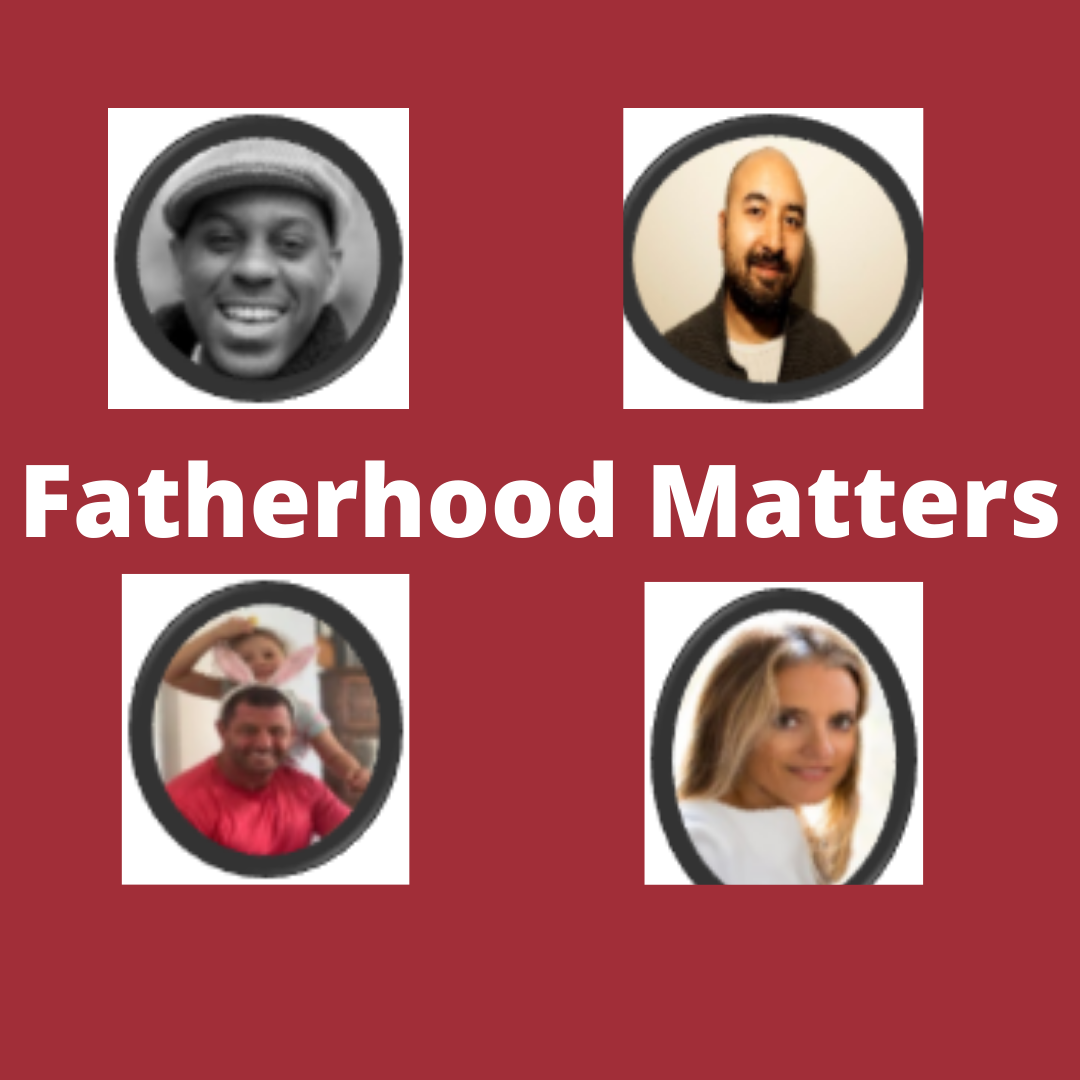Here is a link to the recording of a panel discussion on ‘modern dads’
Below is a brief summary of our discussion.
Barriers
There are still many ‘organisational barriers’ that need to be addressed. The workplace has not been as quick to change, whereas at home many fathers play a much more active role. There exists a tension between the old perception of fatherhood and more modern day dads. Men need to drive that change.
We are so entrenched in this idea of the mother as caregiver, along with terms like ‘maternal instinct’ and ‘mother knows best’. Dads often doubt themselves and refer to their partners. It’s not that mothers know more, they just have more experience as they spend more time when their children are babies. Fathers actively involved pre-birth, stay more involved post birth. There is still a barrier created by the idea of primary and secondary caregivers.
There are certain industries such as manufacturing and construction, that make it much harder to implement flexible policies and working remotely. A survey found that 58% of men lied about going to an appointment with their children and said it was for them. Dads are still worried about how working flexibly or leaving early will be perceived by colleagues and the impact on career progression. We need to actively promote a culture that expects dads to be very involved in their child’s life.
Challenging stereotypes
Leave loud and leave proud
Lead from the top
Dads need to provide connection and love, it’s not about being the breadwinner.
Family is the purpose of work
Share case studies and role models of employees in the business who talk about their parental responsibilities and are vocal about their work-life balance. Changing cultures takes time, a lot of deep work, conversations, consulting, hosting events, panels and engaging people. Hold people to account where you see bad behaviour.
Bring your own dad identity to work. Millennial Dad report in 2019 found 1/3 dads left their jobs since becoming a dad to gain a better balance and 1/3 are actively looking to move. Commercially business needs to pay attention to this or they will lost talent. The definition of flexible working is still not clear. It can mean working from home or compressed hours.
Impact of the pandemic and change in the future
The pandemic has threatened to undo a lot of great work around gender equality. Women have borne the brunt of the load and have been more affected by the furlough scheme. Both partners need to thrive and represent the family unit together.
How are jobs going to be designed next year? What can organisations learn from 2020? What has worked well? The next 3-6 months are crucial. How can we capitalise on this moment, where dads have built better relationships with their kids and spent more time with them?
The pandemic has exposed weaknesses and cracks in the system. The majority of dads want to keep some level of flexibility or working from home. We need to start with equality in the home first, before addressing issues at work. The workplace will have to adapt to accommodate the needs of fathers.
Final remarks
Government initiatives need to remove any trace of gender. Parenting is the last gendered area. Dads don’t babysit, it’s called parenting. It’s not about being a ‘great dad’ but being a ‘great parent’. Shared Parental Leave still treats mums as the primary caregiver.
Involving dads in the very early stages has a massive impact. They can get into a rhythm that feels natural.
Educating dads and creating a community for dads to facilitate conversations and show how others have played an active role in the early stages. Encourage people to be more open and think about what kind of dad they want to be. Dads don’t tend to gather as a tribe unless there is a distraction of event.
Give up a bit of income to spend more time with your kids. 75% of the time you have with your kids happens before the age of 16. There are just under 940 weekends before your child reaches 18. What are you going to chose to do with that time on your hands?
We all have the power to change the world in our own way. It starts at home in your own family and we can all do our bit. What are you personally responsible for?

